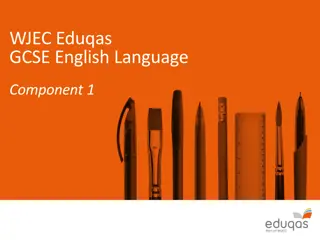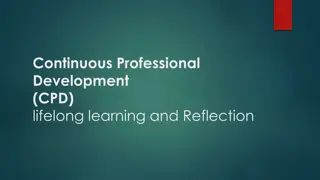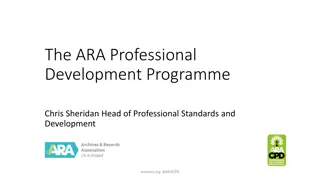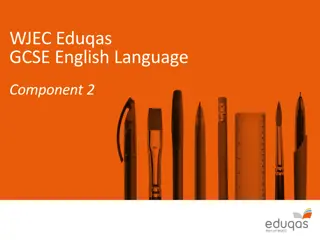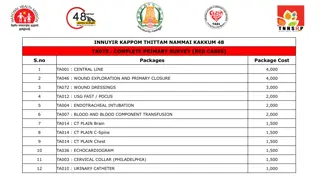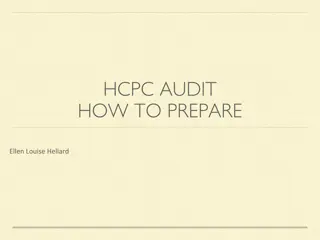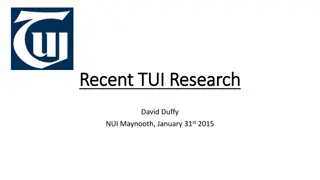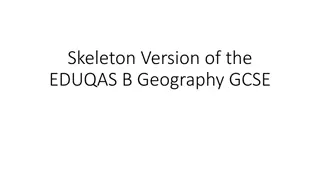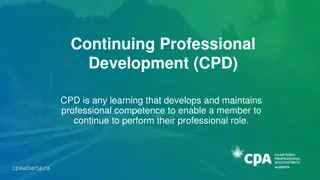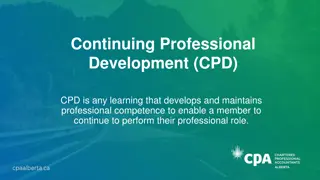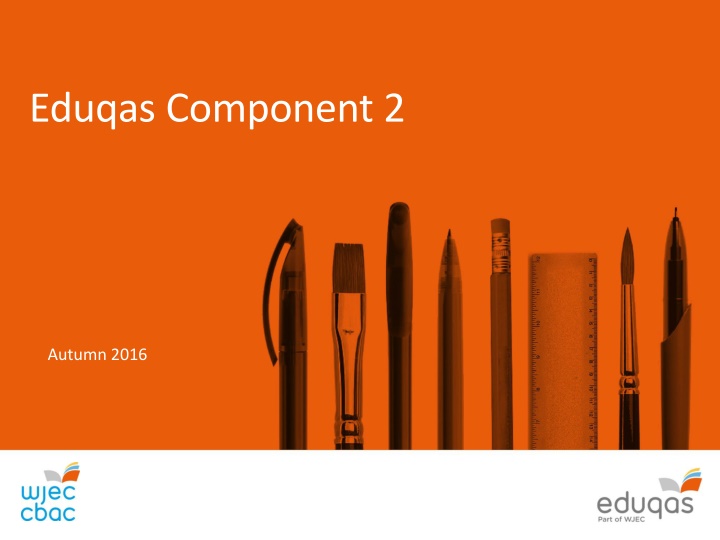
Eduqas A-Level Component 2: Research Methods and Investigations
Explore the principles of research, application of research methods, and personal investigations in Eduqas A-Level Component 2. Learn about research concepts, methodologies, data collection, and ethical considerations. Enhance your understanding of key areas in psychology through practical investigations.
Uploaded on | 3 Views
Download Presentation

Please find below an Image/Link to download the presentation.
The content on the website is provided AS IS for your information and personal use only. It may not be sold, licensed, or shared on other websites without obtaining consent from the author. If you encounter any issues during the download, it is possible that the publisher has removed the file from their server.
You are allowed to download the files provided on this website for personal or commercial use, subject to the condition that they are used lawfully. All files are the property of their respective owners.
The content on the website is provided AS IS for your information and personal use only. It may not be sold, licensed, or shared on other websites without obtaining consent from the author.
E N D
Presentation Transcript
Eduqas Component 2 Autumn 2016
Section A Principles of research Questions on Milgram and Kohlberg are related to research methods concepts in Section B of the specification. Try it out....
Section B - Application of research methods to a novel scenario Across all research methods questions some students did not understand key research methods terminology. There were key areas where students did well and other areas that were weak.
Eduqas Component 2 Similarities and differences Specification Content Principles of research (including Milgram & Kohlberg) Personal investigations Novel scenario A level AS Principles of research (including Milgram & Kohlberg) Novel scenarios
Eduqas A level Component 2 Similarities and differences Specification Content AS content and Methodologies brain scans, cross sectional studies. Descriptive Statistics and calculation of
Eduqas A level Component 2 Personal Investigations Students answer all questions. Both investigations will be assessed (not necessarily with equal weighting). Summer 2017 investigations: 1. A correlational research - relationship between age and reaction times 2. An observation of gender differences in food choices
Eduqas A level Component 2 Personal Investigations Suggested log book is available on our website. Learners can collect data as individuals, pairs or groups. The British Psychological Society's Code of Ethics and Conduct (2009) needs to be followed.
Eduqas A level Component 2 Personal Investigations Learners will be expected to apply their knowledge of research methods to each investigation, including the following aspects: hypotheses; variables; methodology (including experimental design if appropriate); sampling; descriptive statistics; graphical representations; inferential statistics; reliability; validity; ethics.
Eduqas A level Component 2 Personal Investigations There are some useful articles as part of our Facebook link documents: Age and sex differences in reacton time As we age, Loss of Brain Connections Slows Our Reaction Time Gender Difference in Food Choice Age and gender differences in children s food preferences ARE THERE DIFFERENCES IN FOOD CHOICES BETWEEN GIRLS AND BOYS IN A UK SECONDARY SCHOOL?
Eduqas A level Component 2 Personal Investigations My students are going to do an observation at a fast food restaurant and observe the gender of the customers. Some ideas from centres: I've found an app called Psych lab 101 which is free and had reaction times tests where you can access the results. I'm going to test them out with my students after the exams. One student is correlating the results between the ruler drop and age of people in college and their families. We are going to observe whether there is a difference in the number of male and female teachers who chose to eat a biscuit at the next staff meeting!
Eduqas A level Component 2 Personal Investigations SAMs examples: (i) State the alternative hypothesis for your correlational investigation. [3] (ii) Explain whether this alternative hypothesis for your correlational investigation was directional or non-directional. [2] (i) Describe the sampling method that you used. [2] (ii) Explain why this sampling method was chosen. [3] Suggest two ways your investigation could have been improved. [6]
Eduqas A level Component 2 Personal Investigations Thinking ahead! 2018 Personal Investigations An experiment on the effect of context on an individual s perception. A correlational research relationship between intelligence and another psychological variable (of the learner s choice)
Any Questions? Contact our specialist Subject Officers and administrative support team for your subject with any queries. rachel.dodge@eduqas.co.uk Robert.williams@eduqas.co.uk


